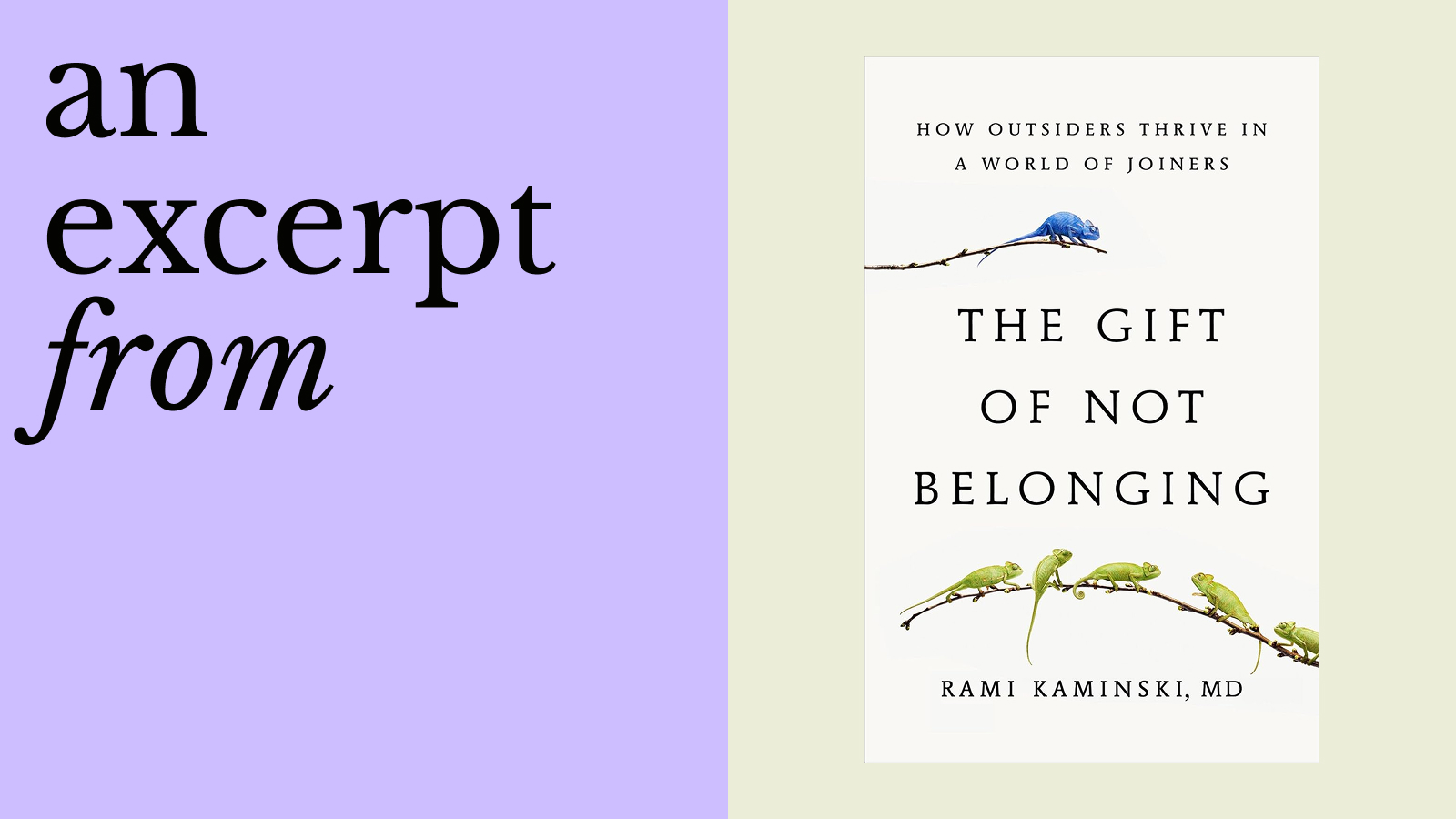Schlesinger recalls her upbringing in a family of physicians, as well as her first experiment in her mother’s kitchen.
Sarah Schlesinger: I come from a family of physicians. I’m the third generation of women physician in my family. My grandmother graduated from medical school in 1921. She was one of the first two women interns at Bellevue, and so she was a tremendous influence on me. But I didn’t see myself as doing science. I saw myself more as perhaps being a doctor. And this way science had been taught to me until that point was how science, I think, is usually taught, which was it was rote memorization.
It was very dull. It wasn’t dynamic. And what I loved about history and literature was the discussions or the synthesis. And I had no sense of the synthesis in the way I had been taught science, until I had this wonderful teacher, who was the teacher who sent me to this lecture. And this is actually a great story, because she was teaching biology. She only taught for a few years at my high school, and she had been in the laboratory. She had worked as a research assistant, I guess, and then had left to have her family, and after she’d had her kids, had come back. But she understood the process of discovery, which is what makes science so exciting, and is the synthetic process in it. And so she was able to communicate that to us on some level, and the excitement of that.
And I think that that inspired me, and then when I heard Dr. de Duve talk about the process of discovery, of figuring out something new that nobody had ever figured out before, and how he had used the experimental method to do it. Now obviously, he was a master. He still is a master. He’s still alive. He’s in his 90s, which is remarkable in itself. But he had used a series of very, almost primitive techniques of using Waring Blenders to chop up cells and then to look at them. And by doing that had figured out some fundamental truths about how the world works. And I was just overwhelmed by that identify. Wow. What a cool thing to be able to do. And I guess I had the sense of my own intellect, and the idea that I could figure stuff out, that figuring out the character in a book or even figuring out the law in some fashion, or some political strategy, or what somebody had done and why, though interesting, didn’t seem nearly as appealing to me as figuring out how the world works. And so I think it was that sense that I might have this capacity to figure out some small part of how the world works that he conveyed to me.
Question: What was the first experiment you ever conducted?
Sarah Schlesinger: Probably the first experiment I ever conducted was in my mother’s kitchen mixing up a whole bunch of different powders, as we used to call them flour and water and cinnamon and stuff like that. I wanted a chemistry set, but my parents didn’t give me one. They didn’t think that that was a thing for a girl, which sort of fascinates me now. When I say that now, they look at me like I’m incorrect, but I remember it pretty vividly.
But the first real experiments I did were with this teacher, and I remember them very vividly. The first one was an experiment with plants, and seeing how plants grew toward the light. Plants, and I’m not a botanist. Literally what I know about botany is from high school. There are compounds called oxons [ph?] which are destroyed by light, so your sense is that a plant is growing towards the light because it somehow wants the light, but the way it actually works is that the light is destroying the compound in the plant that allows it to grow, the oxon, so the growth is increased on the contra lateral, or opposite side, where the light isn’t. and that pushes it towards the light.
And there were a series of experiments with mica chips interrupting little bits of the plant and exposing them to different sides of the light that demonstrated that. And I remember that because it wasn’t the result I expected. And I guess that that’s why it stands out so vividly in my memory, because the data were different from what I expected, and that’s the best kind of experiment. When you have an experiment that just confirms what you think, it’s reassuring and nice, but that’s not why we do them. We do experiments to figure out and find out what we don’t know. So that’s the first experiment I remember.
Recorded on: June 10, 2008





